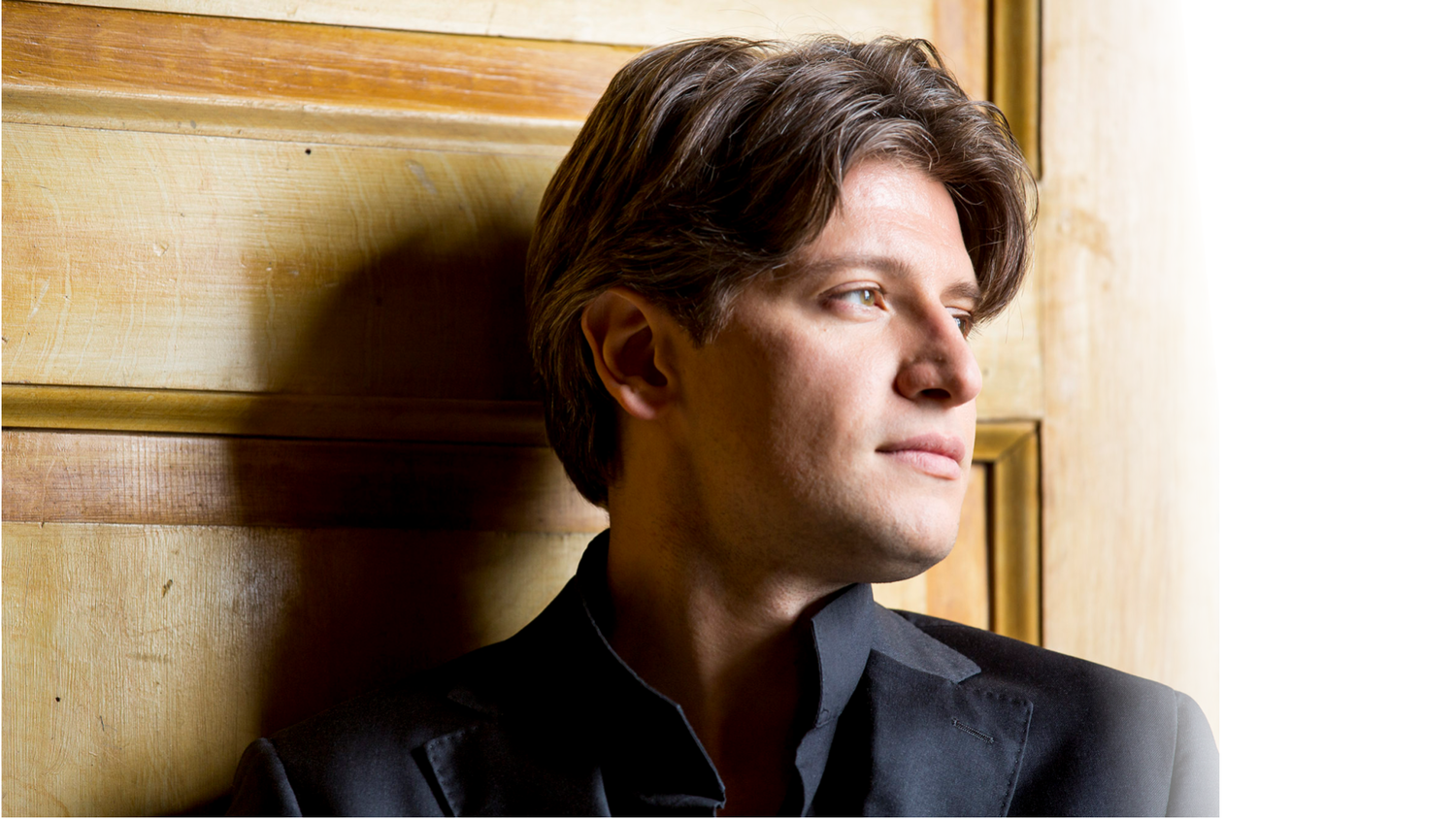 The Ulster Orchestra under Daniele Rustioni, making his Proms debut, were set a tricky challenge: an hour and half of available playing time, without interval. They filled this with a programme of broadly associated works, inasmuch as all were German and Romantic, but an eclectic selection for all that.
The Ulster Orchestra under Daniele Rustioni, making his Proms debut, were set a tricky challenge: an hour and half of available playing time, without interval. They filled this with a programme of broadly associated works, inasmuch as all were German and Romantic, but an eclectic selection for all that.
Opening with Wagner’s overture to Tannhäuser the initial wind passages were played with a well-refined elegance that never strayed towards ponderous, joined by equally restrained strings. It was a shame that the skittish, running passages that followed were occasionally marred by smudged rhythm and nervy entries. However the orchestra soon recovered its balance particularly as it segued into the Venusburg music, an extended opening to Act 1 added by Wagner in his 1861 revision of the opera.
Skipping forward a hundred years or so the orchestra was joined by Louise Adler for Richard Strauss’s Vier letzte Lieder. Composed in 1948, with Germany facing the full horror of Nazism and the Second World War, Strauss’s tender songs were beautifully delivered. Adler floated beautifully above the lush orchestrations, delivering the long, melismatic lines with poise and delicacy. Special mention too for the orchestra’s leader Tamás Kocsis whose solos were a perfect foil to the vocal line, particularly in the third song Beim Schlagengehen. Strauss is a regular user of dynamic markings such as piano subito and pianissimo subito, and just occasionally these weren’t observed quite promptly enough leading to the soprano being lost: a desk fewer of upper strings would likely have been enough to compensate for this.
Gustave Mahler’s Blumine Is a short work with a long history, having served time as a movement in the first symphony, re-sused as incidental music and then further reworked at least once as a love offering to women Mahler had relationships with (neither of them Alma). Despite all the baggage, the piece itself is, in the most part, a light, joyous 6/8 lilt, and Rustioni led the way through a rendition that never took itself too seriously. Following the opening passages for an expertly-played solo trumpet and strings, the melody was passed gracefully around the various instrumental families. A darker moment when the theme is inverted on a haunting oboe soon gave way to the return of the original theme, ending with one of the most delightful pianissimo duets between first and second violins, heavily laden with suspended 6ths before the final resolution.
Robert Schumann’s Symphony no. 4 is, like its composer, a much more serious sort of work, the D minor of the key signature being relentless through the stately opening subject of the first movement and never far away in the quicker section that completes the rest of the opening movement. Schumann’s original version of 1841 had the whole piece as one played-through work with linking passages, and despite Schumann’s revision ten years later, here the orchestra allowed no time between movements – which worked well, I thought. The similarly dark second movement benefited from some particularly fine work between a solo cello and oboe, before being followed by busy scherzo, interleaved by two contrasting sections and a finale, played in a style that had more than passing nod to Beethoven’s middle symphonies.
This was all led by an energetic conductor (so much so that he leapt into the air more than once) whose boundless enthusiasm infected both his players and audience alike. In a particularly nice touch he turned the orchestra to acknowledge the audience in the choir stalls – and the bust of Sir Henry, who I am sure would have been as swept along as the rest of us.
Lucas Elkin
